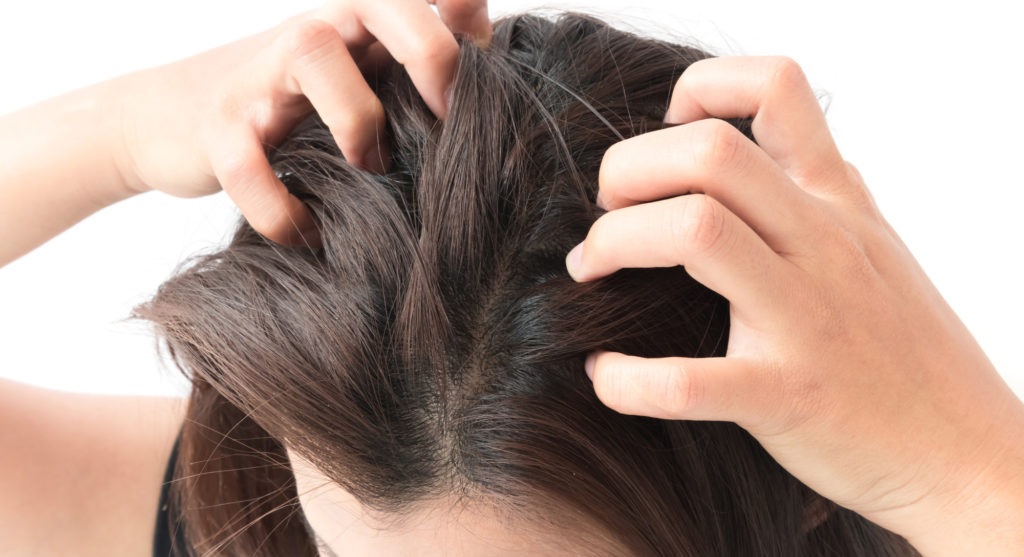Skin and scalp conditions are fairly common these days. They could occur due to a number of reasons. These maybe poor hygiene practices such as not washing hair frequently, allergic and hypersensitive reactions to certain ingredients or environmental factors such as moisture, humidity or dryness. In fact, even a minor change in hairline from one side to another can cause pain in scalp. If you ever feel irritation in scalp, first look into the causes of irritation and sensitivity, and then find its appropriate treatment. A number of products such as best shampoos and conditioners for sensitive scalp are required to be used when treating any scalp condition.

Causes of Scalp Sensitivity
Sensitivity of scalp could occur due to a number of reasons.
Health conditions such as dandruff, flakiness, hair loss and skin dryness could contribute to the sensitivity of scalp. Other conditions such as psoriasis, mineral deficiency or allergies could also lead to sensitive scalp.
High stress levels cause the body’s natural defenses to weaken out which ultimately leads to imbalance in the normal metabolism. This is crucial to the health of the scalp and overall health of the body.
Use of unhygienic products on scalp also causes sensitivity. Hair products should be used with great caution because hair are extremely sensitive part of the body and require great care while washing and combing.
Styling hair on daily basis can also cause scalp sensitivity. Wearing high ponytails and tight buns for hours daily can damage your scalp. This is because blood circulation to the tightly bound hair follicles will cut off causing headache and reduced blood supply.
Common Scalp Infections/Diseases
Common problems observed in people with scalp conditions are as follows:
Itchy scalp or scalp pruritus is a commonly occurring problem that is experienced by almost every person, at least once in during a lifetime.
Bacterial infections cause folliculitis or impetigo.
A ringworm infection that effects the scalp causes tinea capitis causing redness, inflammation and bald patches on the scalp. This can spread to the entire scalp if left untreated.
Seborrheic dermatitis is a common scalp condition which causes dryness of skin. It can cause redness and itching.
Scalp psoriasis is a disorder in immune system. In this condition, thick patches of skin grow on the scalp. In some cases, silver scales are also observed. Redness and inflammation is also observed.
Lichen planus is a rarely occurring scalp condition that causes severe hair loss, redness, scalp irritation and reddish purple plaque formation on skin.
Treatment of Scalp Conditions
For fungal infections, creams, lotions, oils and other topical formulations are of little or no use. It is better to seek advice from a registered medical practitioner in this regard and take proper medications.
In person suffering from folliculitis, applying a warm washcloth on the scalp can significantly reduce redness and itching. Medication can also be used but normally this condition recovers on its own.
Use of antibiotics is necessary in bacterial infections.
Seborrheic dermatitis could be treated by frequently using a mild anti dandruff shampoo and brushing off the dry flakes when they are soft. Flakes could be softened by using moisturizers or medications. Skin strengthening medicines could help in repairing the damage caused to the scalp.
Topical applications such as best shampoos and conditioners for psoriasis could be used to treat psoriasis. Creams and light therapy with medications is also helpful. Giving up sedentary life style and habits like smoking are also beneficial in getting rid of psoriasis.
Conclusion
Skin and scalp conditions are very common these days because of ever changing environment and unhealthy scalp care practices. These problems could be avoided by modifying diet, maintaining scalp health and using the right products for hair and skin. Doctor’s advice should also be considered before adopting any hair care technique.
